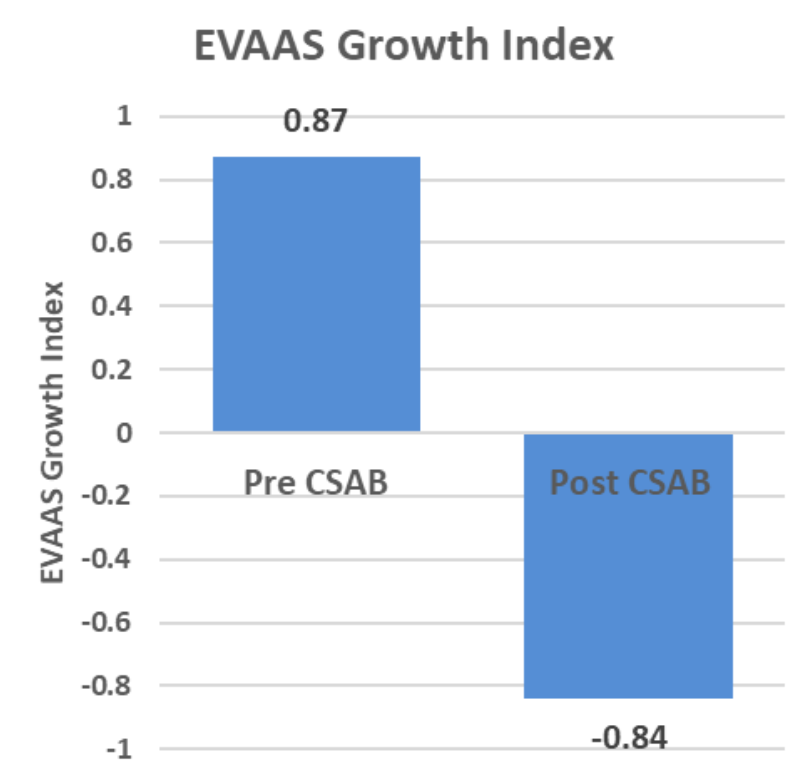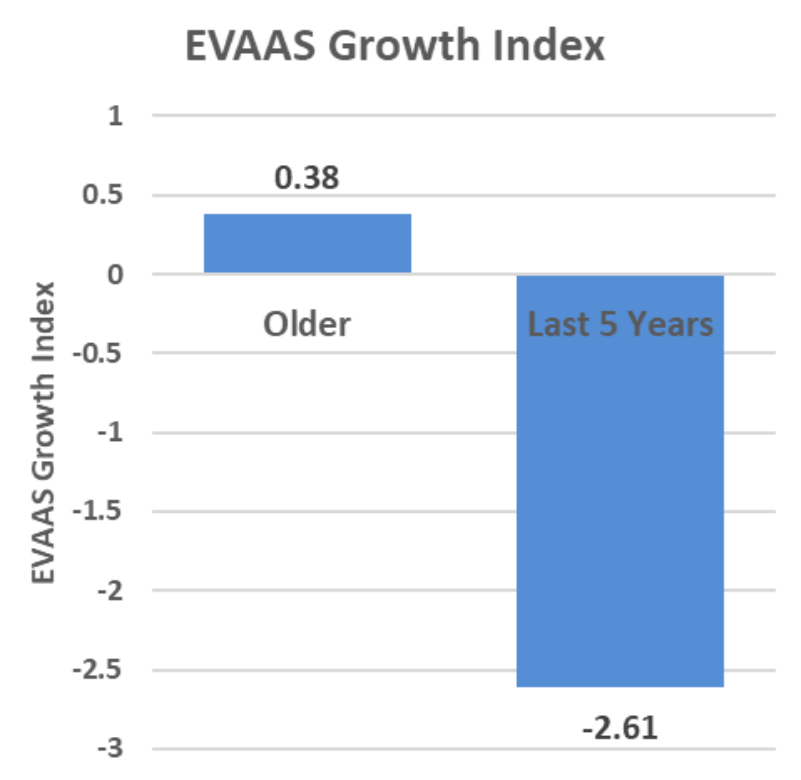North Carolina students continue to pay the price for state leaders’ ideological push to wantonly expand charter schools. It’s becoming increasingly common for newly approved charter schools to deliver poor academic results, or to shut their doors completely. State leaders must confront the overwhelming evidence and stop approving these unneeded, low-performing schools.
Charter schools are publicly funded schools that are run by a private board, rather than a democratically elected school board. Charters were originally conceived as laboratories for innovation and were limited to 100 schools across the state. They are granted operating flexibilities not offered to democratically accountable traditional public schools. Despite operating in North Carolina for nearly 30 years, there are few, if any, examples of successful educational practices that we’ve learned from the charter school experiment.
During the 2010s, charter schools became an increasingly partisan issue. There is no single reason for conservative support for charter schools, but the following characteristics of charter schools are likely relevant:
- Charter schools open new opportunities for corporations to profit from education by delivering low-cost school services and taking advantage of shady real estate opportunities;
- Charter schools increase racial and economic segregation, largely serving as schools of “white flight” in North Carolina;
- Charters weaken the political power of teachers by employing younger and often uncertified teachers who are less likely to be members of a union; and
- Charter schools are founded on the misguided belief that the benefits of increased competition (those yet-to-be-delivered innovations) will outweigh the costs (increased focus on marketing; loss of economies of scale; increased segregation).
When control of the General Assembly was flipped to conservative control in 2011, legislators removed the 100-school cap on charters. Most notably, in 2013, the General Assembly created the Charter School Advisory Board (CSAB), removing charter oversight from the State Board of Education’s purview. By law, CSAB members had to be charter school advocates with “a commitment to charter schools.” Over the ensuing years, legislators lowered the standards for approving new charters and renewing the charters of existing schools.
The rush to expand the charter sector is backfiring. Newly approved charter schools are underperforming academically and are closing at alarming rates.
Because standardized test results are strongly correlated with student demographics, growth scores are the fairest way to measure academic results across schools. North Carolina uses a program called EVAAS to determine whether students are making academic progress. The formula theoretically takes into account students’ demographic differences.
On average, charter schools created before the establishment of the CSAB deliver above-average academic growth for their students. Charter schools created by the CSAB (and under its new version known as the Charter School Review Board) fail to meet expected academic growth for their students.

The gap in academic achievement is even larger when looking at charter schools approved in the past five years.

The state’s charter school authorizers appear to be getting worse at their job. By continuing to approve new charter schools, they are driving more students into schools delivering subpar academic outcomes. They are worsening school segregation. And they are increasing the per-student costs of our traditional public schools by causing declining enrollment.
The data is clear: it’s time for North Carolina to stop creating new charter schools.
Even pro-charter researchers agree with this conclusion. A 2024 Fordham Institute report found that – no matter how strict the CSAB makes the charter approval process – new charters will continue to underperform against existing schools.
The recent closure of the Triad International Studies Academy (TISA) is emblematic of the futility of the continued push to open new charter schools by any means necessary. The High Point charter closed after just two months of operation and only attracting 45 students. It’s the second time in three years that a charter was shuttered mid-year due to lack of enrollment.
Closures of recently approved charters are becoming increasingly common. Nationally, a quarter of all charter schools close by their fifth year. By year 10, nearly 40 percent of charters have shut their doors. In North Carolina, charter schools have closed at more than double the rate of traditional public schools over the past decade.
Kudos to the CSAB for closing TISA, I guess. But that doesn’t help the 45 families who are now scrambling to find new schools for their children. It doesn’t help the under-resourced public schools that now have to find room for 45 new students. And it certainly doesn’t help the 45 students who are now forced to forge new relationships with educators and peers while navigating a new curriculum.
The CSAB and legislators need to stop pretending that their ideological push to open more charters is helping students. It’s not. The schools are underperforming and closing at alarming rates. Students are paying the price. The time to end North Carolina’s failed charter school experiment has clearly arrived.
 Justice Circle
Justice Circle